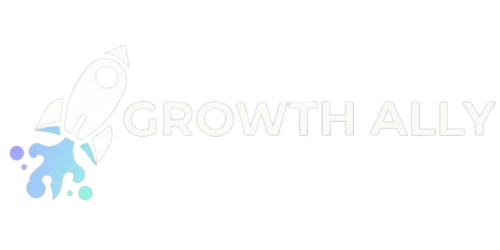The journey of marketing, from its rudimentary beginnings in the medieval markets to the sophisticated digital era of today, is a fascinating tale of evolution and innovation. This article delves into the transformative path marketing has taken, highlighting the milestones that have significantly shaped its development.
The Medieval Marketplace: The Birth of Marketing
The origins of marketing can be traced back to the medieval period, where bustling marketplaces were the centers of commerce. Traders and craftsmen would vocally advertise their goods, relying on simple yet effective techniques to attract buyers. This era laid the foundational principles of marketing: understanding customer needs and presenting products in a compelling manner.
The Industrial Revolution: Mass Production Meets Advertising
The Industrial Revolution marked a significant turning point. Mass production led to an abundance of products, and businesses needed new ways to sell them. This period saw the rise of advertising, with companies using newspapers and flyers to reach a wider audience. It was the beginning of a more structured approach to marketing, focusing on mass communication to inform and persuade potential customers.
The 20th Century: The Age of Branding and Consumerism
The 20th century introduced the concept of branding, transforming products into brands with personalities and values. Television and radio became powerful tools for marketers, allowing for creative storytelling and emotional connections with audiences. The post-war era of consumerism further fueled the growth of marketing, as companies sought to capitalize on the increasing purchasing power of the average consumer.
Marketing’s journey from medieval marketplaces to digital spaces reflects humanity’s endless pursuit of connection and innovation.



0 Comments